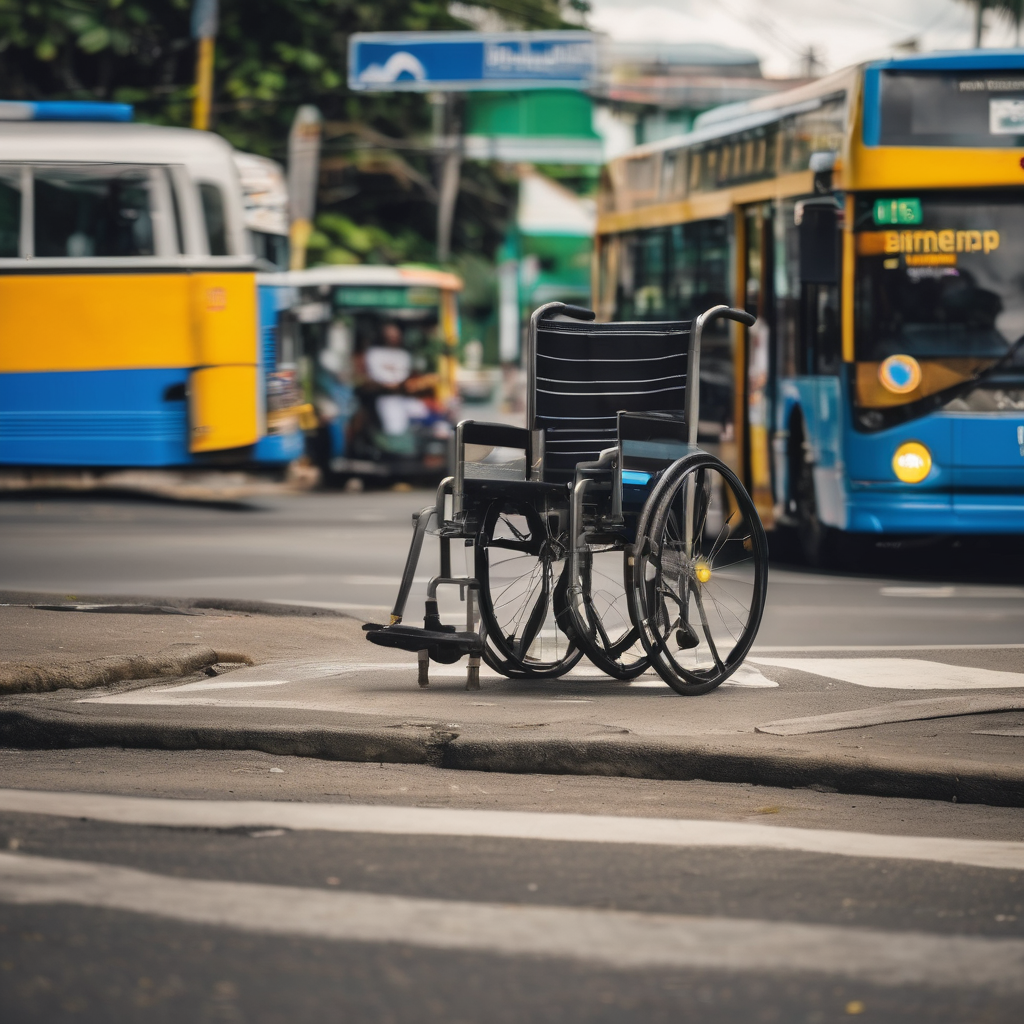Recent research in the transport sector by the National Council for Persons with Disability and Outpatient Departments has revealed that only twenty percent of transport facilities in Fiji are accessible for individuals with disabilities. This alarming statistic underscores the ongoing challenges faced by many in accessing vital transportation services.
In response to these findings, Minister for Social Protection, Sashi Kiran, raised the issue in parliament earlier this week, advocating for improved transportation accessibility for people living with disabilities across the nation. The minister praised the Fiji Roads Authority for acknowledging these concerns and emphasized the importance of constructing roads and footpaths that are friendly to individuals using mobility devices, including those with visual impairments.
Kiran highlighted the recent works at major airports as evidence of the government’s commitment to enhancing transportation accessibility for persons with disabilities. She expressed gratitude towards various ministries and their statutory bodies for their contributions to making these visible improvements. However, Kiran pointed out that significant efforts are still needed at smaller airports and marine transport systems, marking these areas as key targets for future development.
She called for focused efforts to further improve accessibility at smaller airports and seaports, where existing conditions remain inadequate for individuals with mobility challenges. This reflects a larger narrative within Fiji’s transportation framework, where there is a pressing need to enhance accessibility and inclusivity for over 120,000 Fijians living with disabilities.
The Fiji government has been enhancing its approach towards disability inclusion in transportation and overall infrastructure, with various ministers acknowledging the urgency for comprehensive solutions. There is widespread commitment from government officials, community organizations, and advocates, suggesting a hopeful trajectory toward creating a more inclusive environment for all citizens. As the national conversation around disability rights continues, there remains optimism that the collaborative efforts will lead to significant advancements in accessibility, benefiting those who rely on public transport services.
